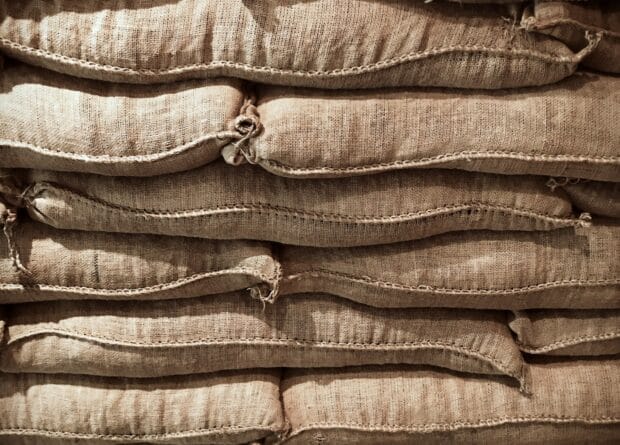[[{“value”:”
A prominent European coffee industry trade organization reportedly sent a letter to the European Commission urging the delay of implementation of the new EU deforestation-free supply chain law, known as EUDR.
In a letter obtained by Bloomberg, the European Coffee Federation (ECF) warned that the currently scheduled Dec. 30 implementation of the law for large European companies would be “shattering, not least for the millions of smallholder producers for whom the EU is a significant marketplace.”
The ECF did not immediately reply to DCN’s request to verify the contents of the letter, which according to Bloomberg was addressed to European Commission head Ursula von der Leyen.
The membership of the Brussels, Belgium-based group represents a vast majority of green coffee that flows into the European market. Members include roasting companies such as Lavazza, Illy, JDE Peet’s, Nestlé and Starbucks, as well as major green coffee trading companies such as Ecom, Ofi, Louis Dreyfus Company, Sucafina and more.
When fully implemented, the EUDR will call for financial and other market-related penalties for European coffee companies who fail to meet the law’s requirements for due diligence and reporting related to deforestation in their coffee supply chains. Requiring geo-tracking, the groundbreaking law is designed to prevent companies from sourcing coffees harvested in lands that have been deforested since Dec. 30, 2020, to the present.
Numerous coffee industry analysts and producer advocacy groups have warned that the requirements of the EUDR — though well-intentioned — may have adverse unintended consequences, particularly for smallholder farmers who may lack the capacity for compliance.
The argument appears to be echoed in the ECF’s letter to the European Commission — which also questions the readiness of “the EU competent authorities” — despite the fact that ECF member companies generally have the greatest capacity for compliance and market influence.
The looming implementation of EUDR has generated a flurry of compliance-related activity in recent months, including among ECF members. Just last week, JDE Peet’s and sustainability auditor Enveritas announced a sweeping new deforestation-free supply chain plan. Third-party verification agencies catering to the coffee industry have also launched new EUDR-related initiatives, including a compliance program from commodities marketplace the Intercontinental Exchange (ICE); an updated coffee sustainability standard from Fairtrade International, and a compliance service from baseline sustainability certifier 4C.
Coffee sustainability analysts behind the latest edition of the Coffee Barometer warned last September that the European coffee industry, in general, has not been adequately prepared for EUDR compliance. They wrote that many companies were “ill-equipped” to handle “the magnitude of the mandatory requirements.”
They, too, noted the potential for unintended consequences of the law that might negatively affect more vulnerable actors in the coffee chain, writing:
“Despite the clear legal responsibility for compliance falling on traders, roasters, and retailers within the EU, there is a significant risk that industry actors shift costs, obligations, and administrative burdens onto small-scale farmers in order to access the European coffee market.”
Comments? Questions? News to share? Contact DCN’s editors here.
Nick Brown Nick Brown is the editor of Daily Coffee News by Roast Magazine.
“}]]


